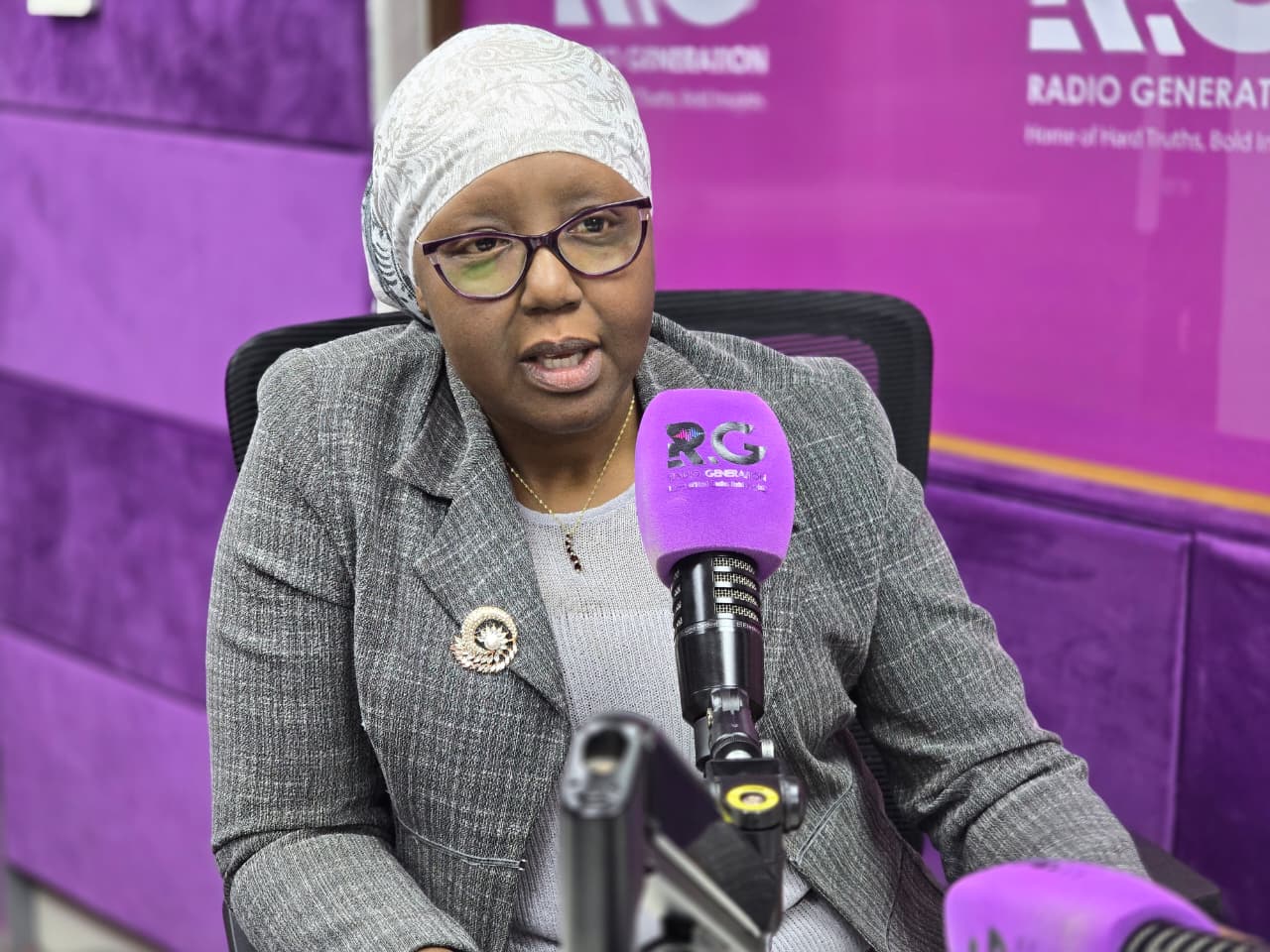Dementia itself does not directly cause death, but it significantly increases vulnerability to other illnesses that can be fatal, including pneumonia, diabetes, and infections.
Elizabeth Mutunga, Founder and CEO of the Alzheimer’s and Dementia Organization-Kenya (ADOK), explained that as the brain deteriorates, other body systems fail to function properly, making patients more susceptible to life-threatening conditions.
“You don’t die from dementia. You die from other opportunistic diseases like pneumonia or maybe a bed sore, or any other or even diabetes, when the sugars go very low or very high,” Mutunga said during an interview with Radio Generation.
“The brain, in layman’s language, is dying so the other systems in the body are also not working as they should," she added.
Understanding Dementia
Dementia is an umbrella term for conditions that affect memory, behavior, and daily activities, including basic functions like breathing or feeding oneself. Mutunga highlighted that when the brain deteriorates, it can even forget to perform essential tasks.
“Somebody, yes, actually they die because they forget to breathe,” she said.
Alzheimer’s disease is the most common form of dementia, but other types include Lewy Body dementia, frontal-temporal dementia, and forms linked to HIV, alcohol abuse, and long-term illnesses such as cancer.
Globally, the World Health Organization estimates that around 57 million people are living with dementia, a number expected to rise to 75 million by 2030, with one new case emerging every three seconds.
In Kenya, an ethnographic study suggests that the age-standardized prevalence of dementia was 600 per 100,000 people in 2020, projected to increase to 660 per 100,000 by 2050, representing a 316 percent rise in the number of individuals affected.
Symptoms, early signs, and risk factors
Dementia gradually destroys nerve cells and damages the brain, leading to declines in memory, thinking, and the ability to perform daily tasks. Alzheimer’s disease contributes to 60–70 percent of cases.
Although dementia does not impair consciousness, cognitive decline is often accompanied, and sometimes preceded, by changes in mood, emotional control, behavior, or motivation.
The condition has wide-reaching effects, impacting not only those diagnosed but also their families, carers, and society at large. Limited awareness often results in stigma and delays in diagnosis, creating barriers to proper care.
Early warning signs of dementia can appear even before memory problems are obvious.
Individuals may forget recent events, misplace items, get lost in familiar places, lose track of time, struggle with decision-making, have difficulty following conversations, or find it hard to complete routine tasks. Visuospatial problems, such as misjudging distances, may also occur.
Changes in mood and behavior are common, including feelings of anxiety, sadness, or frustration over memory loss, shifts in personality, inappropriate behavior, withdrawal from work or social interactions, and reduced interest in the emotions of others.
As dementia progresses, most people will eventually require assistance with daily activities.
Risk factors for developing dementia include older age, high blood pressure, diabetes, obesity, smoking, excessive alcohol use, physical inactivity, social isolation, and depression. While dementia predominantly affects older adults, not everyone will develop it as they age.
Women are disproportionately affected, experiencing higher disability and mortality, while also providing the majority of caregiving hours for those living with the condition.
Globally, dementia imposes a significant economic burden, with informal caregivers contributing an estimated five hours of care daily, and costs reaching US$ 1.3 trillion in 2019.
Chronic diseases
Going further into the interview, Mutunga explained that chronic diseases or prolonged medication use can affect the brain.
“For instance, HIV battles your immune system… if the disease is advanced, it also starts affecting the way the brain operates,” she said.
The exact cause of dementia remains unknown, though several risk factors have been identified. Early signs often include memory loss and recalling events from decades ago.
“Before you actually show the symptoms of dementia, you’ve been living with a disease for 10 years before it actually shows and manifests,” Mutunga noted. Stressful life events, such as losing a loved one, a job, or money, can trigger or worsen symptoms.
Dementia is currently incurable, but early intervention can slow its progression.
Medications may delay further deterioration for a period of years, but care and support remain essential for patients. “Once it starts, it does not stop. You will be put on medications that will stop the progression for a while,” Mutunga said.
Mutunga emphasized the importance of awareness and structured care for dementia patients to improve quality of life despite the condition’s inevitable progression.
The World Health Organization has identified dementia as a key public health concern. In May 2017, the World Health Assembly approved the Global Action Plan on the Public Health Response to Dementia 2017–2025.
This plan offers a detailed framework for action aimed at policymakers, as well as international, regional, and national stakeholders, and WHO itself.
It focuses on several areas: prioritizing dementia in public health agendas; raising awareness and promoting a dementia-friendly society; reducing dementia risk; improving diagnosis, treatment, and care; and strengthening information systems.
